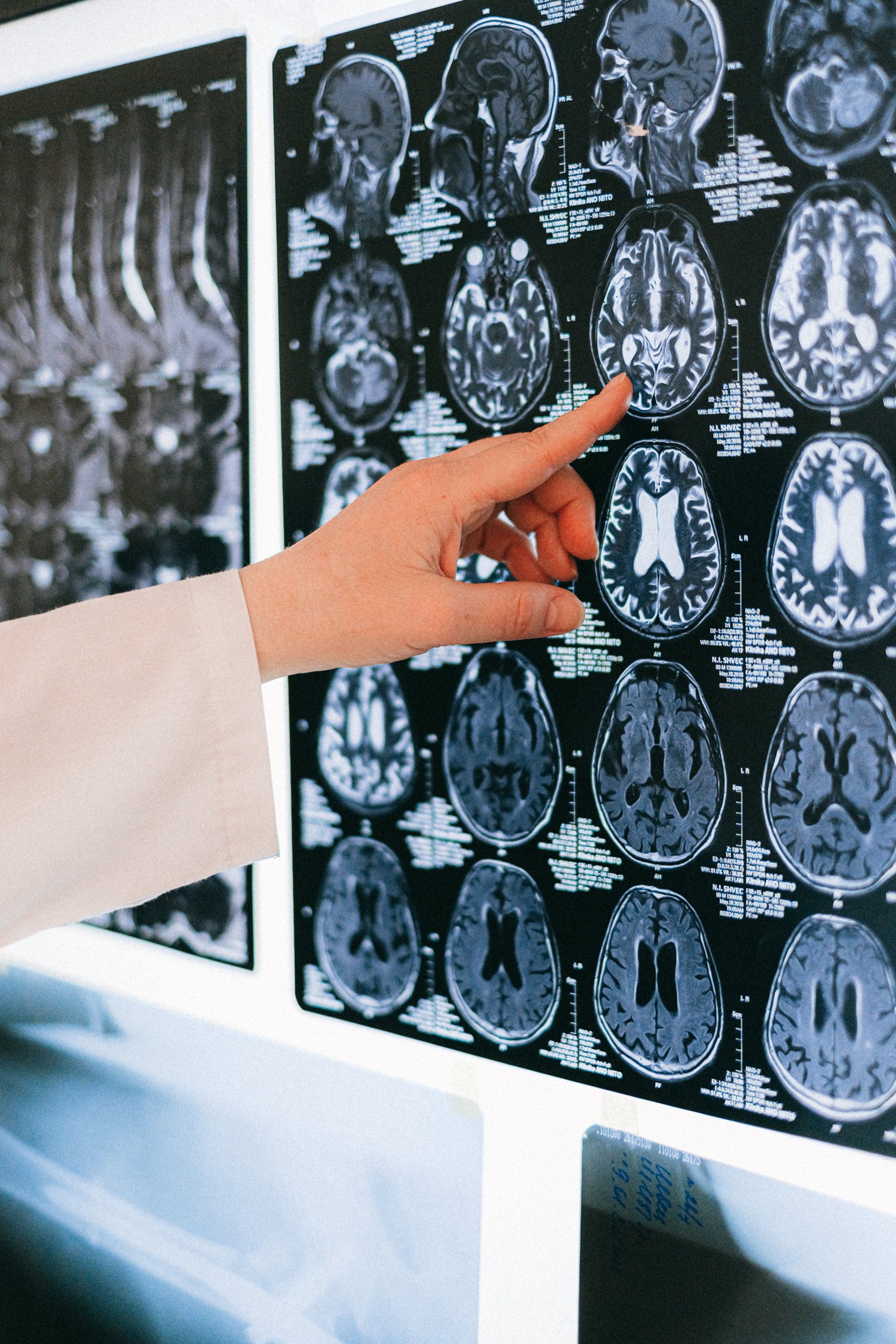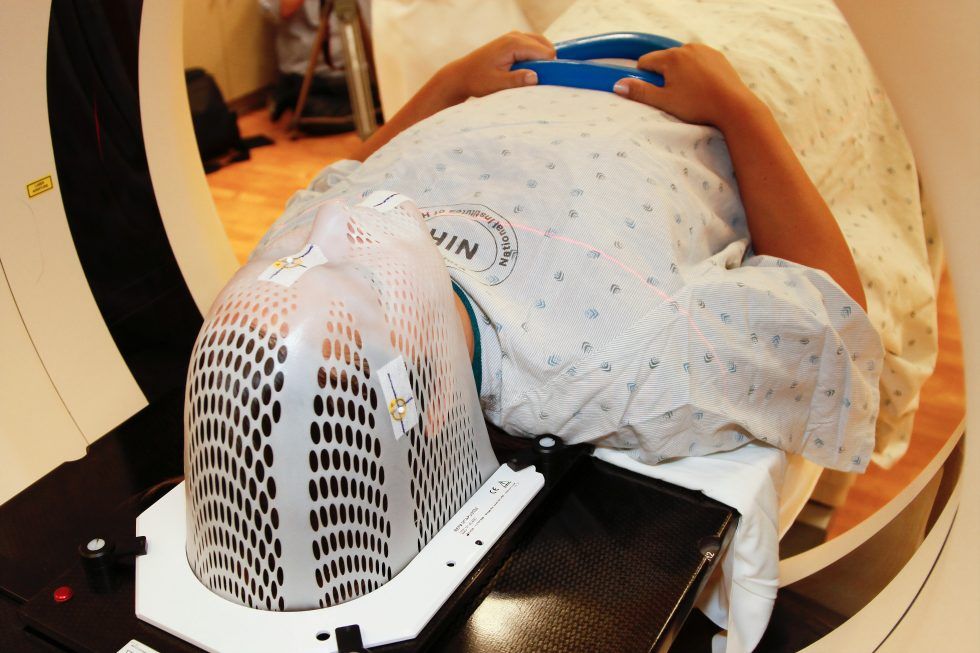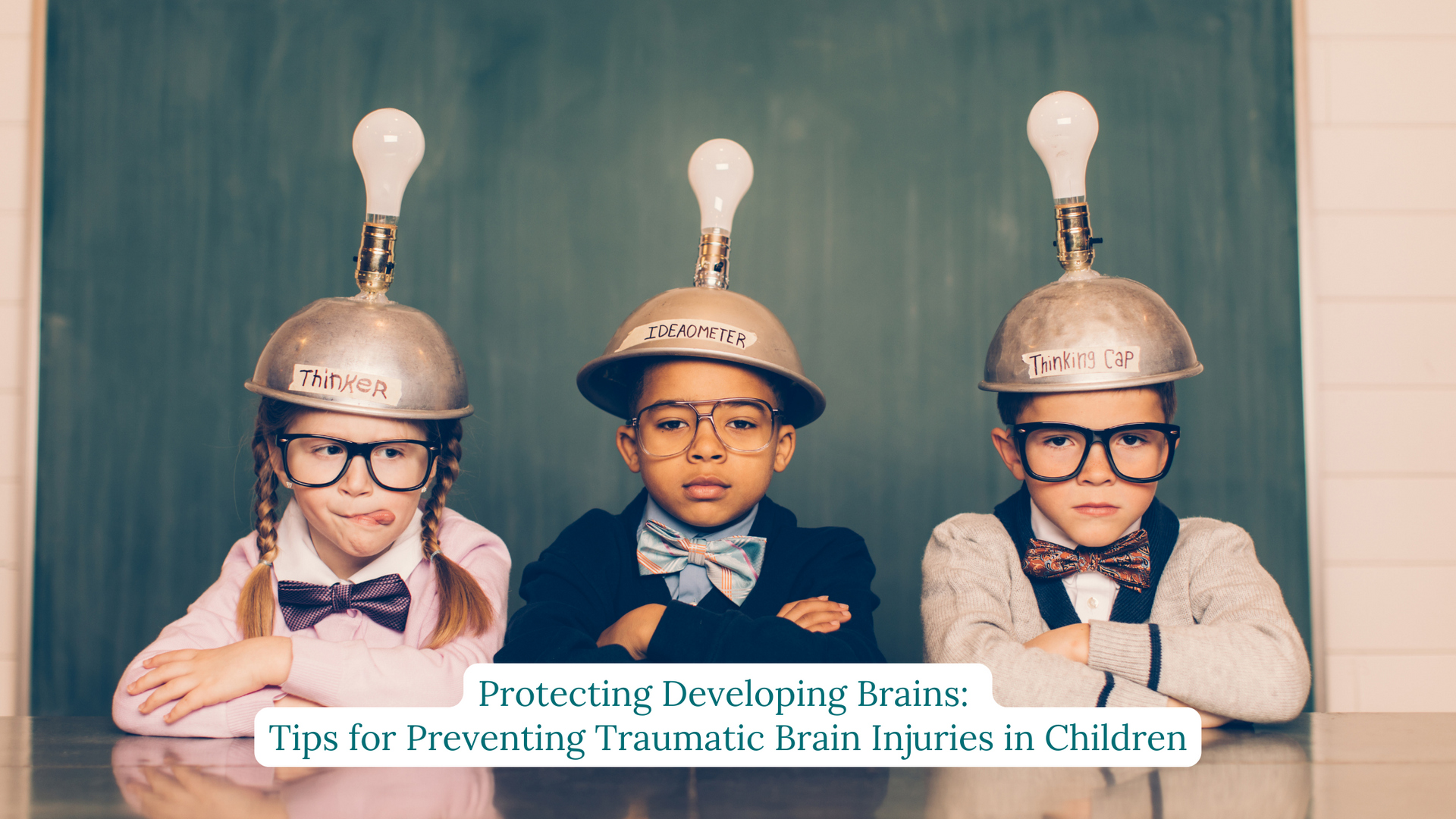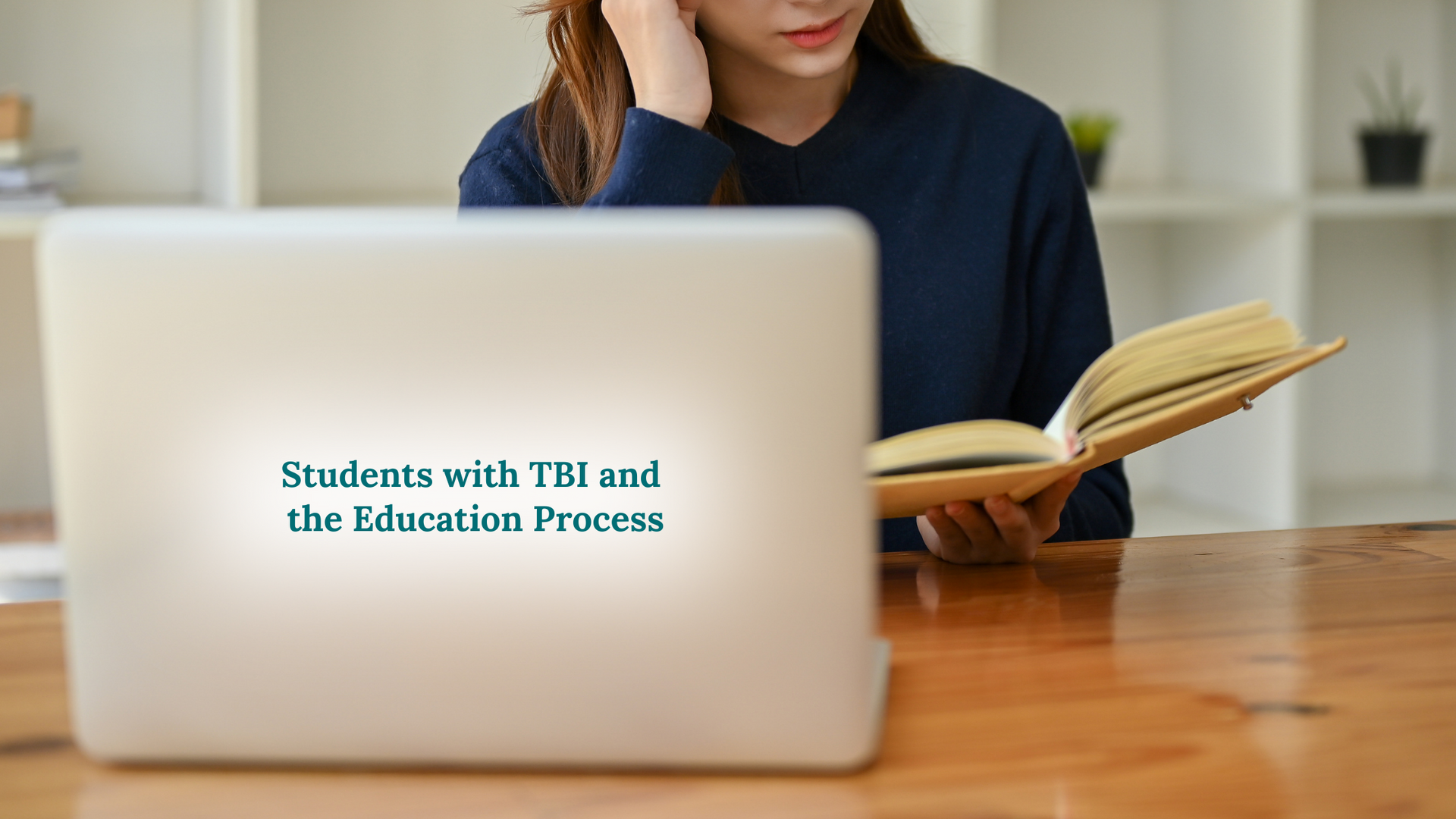9 Ways to Help Improve Memory After a Traumatic Brain Injury
9 Ways to Help Improve Memory After a Traumatic Brain Injury
Many cognitive issues can occur following a traumatic brain injury, with memory being chief among them. In order to deal with the potential memory loss or difficulty remembering even the most basic of everyday tasks, it is important to have a strategy in place to deal with it. The following nine strategies are designed to help people suffering from a traumatic brain injury begin to improve their memory skills over time.
Get Rid of Distractions
When someone is talking to you, it is more important than ever that you focus on what they are saying. Keep distractions to a minimum and really zero in on any directions or instructions that are being given to you.
Make Sleep a Priority
Sleep is what will really help your memory. As much as possible, you will want to go to sleep and wake up at the same time every day. Try to refrain from taking naps during the day as this will interrupt your sleep pattern. Power down your physical activity and technological devices an hour or two before bedtime as well.
Write Things Down
Following a brain injury, it is easy to forget things unless you write them down. Consider taking a notebook or some type of organizer with you. Whenever something important is said to you, write it down so that you can review the details at a later time.
Keep a Priority List
If you have a lot to do, the list can seem daunting. You will tend to forget what is really important unless you develop a priority list. Decide what is most important and then set out to accomplish those tasks first.
Develop a Routine
Routines become a habit. Make sure that you create a manageable routine for yourself that you can easily begin to follow each day. This includes putting things such as your keys in the same spot. Your mind will start to become conditioned, and your memory will improve accordingly.
Keep Your Mind Active
Memory is something that you need to work at in if you want it to get better. One of the ways to do that is to keep your mind active as much as possible. You do not want to just sit there staring into space when you have free time. Instead, engage yourself in card games or crossword puzzles. These are two examples of how you can keep your mind active and working when it comes to promoting memory retention.
Remain Physically Active
You also want to take care of your physical body. This will keep you from getting overly tired and it will help increase your ability to concentrate. However, you also need to be mindful of your traumatic brain injury before starting any new exercise program. So, consult with your doctor to determine how you can gradually ramp up your level of physical activity.
Watch Your Diet
Part of taking care of yourself following a traumatic brain injury includes watching what you eat. Certain foods will not only promote a healthy lifestyle but will also help with your memory as well. Fish and fruit are two of the food groups that you will want to focus on in this area.
Give Yourself Time
If you want to make sure that you have remembered everything that is important with any given task, you need to give yourself time. Certain tasks may initially take you longer to complete than they used to. Give yourself some grace. Do not push yourself. By giving yourself extra time, you will avoid stress and your memory will begin to work better as a result.
Summary
While following these ten strategies will not guarantee that your memory will improve after a traumatic brain injury, they will go a long way towards helping. Remember that it takes time and patience to realize the type of change that you have been hoping for.
Recent Posts
- Proving Eligibility: Securing Worker’s Compensation After a Traumatic Brain Injury
- Navigating Life after Traumatic Brain Injury: Effective Symptom Management Strategies
- Navigating the Academic Journey: A Guide for Military Veterans with Traumatic Brain Injuries
- Protecting Developing Brains: Tips for Preventing Traumatic Brain Injuries in Children
- Students with TBI and the Education Process














